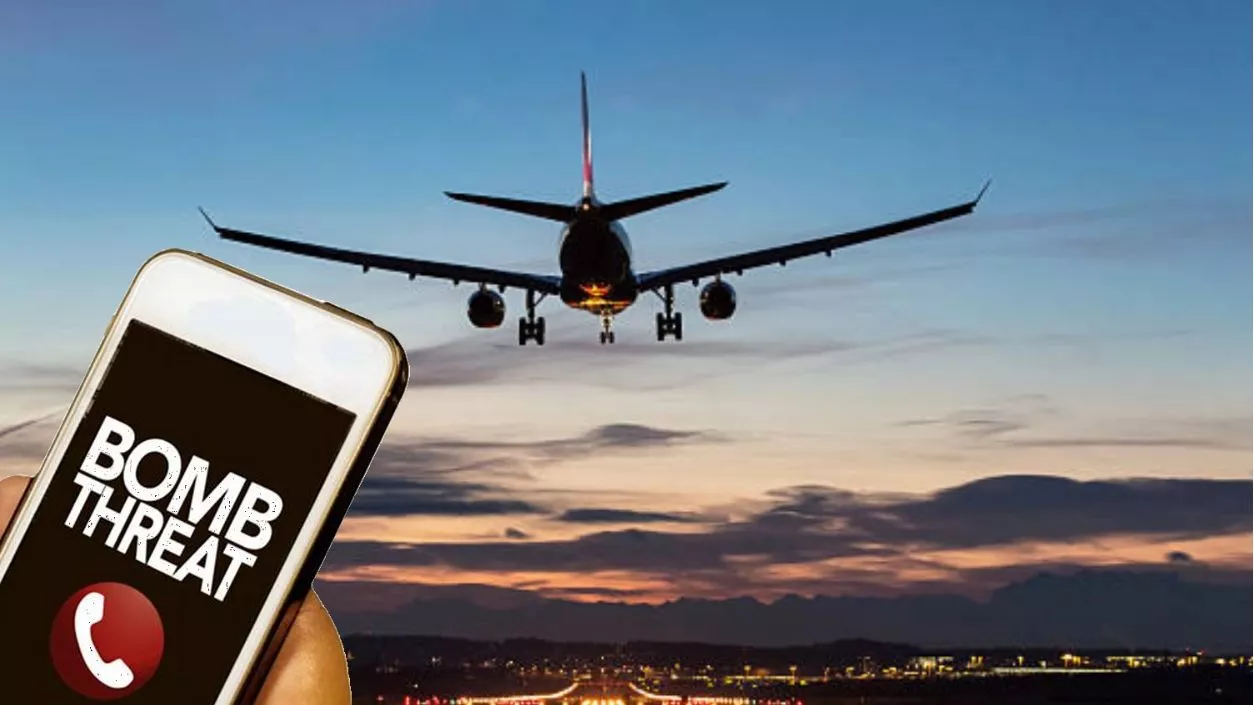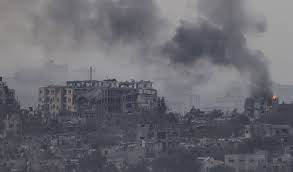India’s aviation industry continues to grapple with a surge in bomb hoaxes, causing widespread disruptions to major carriers. On Sunday, more than 18 flights operated by Akasa Air, Vistara, Air India, and IndiGo were impacted by false bomb threats, leading to delays and diversions for comprehensive security checks. The hoax calls, which have plagued the industry for over a week, have raised significant concerns among airline officials, security agencies, and passengers.
Since Monday of the previous week, over 80 flights have been affected by a wave of hoax bomb threats, marking an unprecedented rise in such incidents. This surge has led to widespread frustration within the aviation sector. Two airline officials, who spoke on the condition of anonymity, revealed that they had never seen such a high number of hoax calls, particularly over such an extended period. The frequency and scale of these false threats have forced airlines to heighten security measures, causing delays and inconveniences for passengers.
Details of Recent Threats
On Sunday, IndiGo faced bomb threats on six flights, according to an airline spokesperson. The affected flights included:
- 6E 58 (Jeddah to Mumbai)
- 6E 87 (Kozhikode to Dammam)
- 6E 11 (Delhi to Istanbul)
- 6E 17 (Mumbai to Istanbul)
- 6E 133 (Pune to Jodhpur)
- 6E 112 (Goa to Ahmedabad)
Vistara, another major carrier, was also targeted. The airline received threats through social media for six flights, which included:
- UK 25 (Delhi to Frankfurt)
- UK 106 (Singapore to Mumbai)
- UK 146 (Bali to Delhi)
- UK 116 (Singapore to Delhi)
- UK 110 (Singapore to Pune)
- UK 107 (Mumbai to Singapore)
In response, a Vistara spokesperson emphasized that all necessary protocols were immediately enacted, with authorities being notified. “The safety and security of our customers, crew, and aircraft remain our top priority,” the spokesperson added. Vistara is a joint venture between the Tata Group and Singapore Airlines and will soon merge with Air India, which is also fully owned by Tata Group.
Air India, despite being affected by several bomb threats, did not issue an official statement. However, officials confirmed that multiple flights were disrupted. Akasa Air, one of India’s newer airlines, also reported threats to six of its flights on Sunday, affecting routes between Ahmedabad, Mumbai, Goa, Hyderabad, Bagdogra, Kochi, and Lucknow. The airline’s emergency response team activated standard procedures, coordinating with local airport authorities to ensure the safe handling of passengers and aircraft inspections.
Authorities Addressing the Situation
Saturday saw a crucial meeting convened by the Bureau of Civil Aviation Security (BCAS) involving representatives from several airlines. This meeting was attended by senior airline officials and, in some cases, by airline chief executives. The focus of the discussions was the growing challenge of hoax bomb threats and the subsequent disruptions they cause to flight operations. The BCAS, along with airline representatives, reviewed security protocols and discussed ways to minimize the operational impact of such incidents.
The surge in false bomb threats has caught the attention of India’s central government. On Thursday, Minister of Civil Aviation K. Rammohan Naidu announced that his ministry is working closely with the Ministry of Law and Justice and the Ministry of Home Affairs to draft new legislation. The proposed law aims to impose strict penalties on individuals responsible for making hoax bomb threats. This legal framework is being developed to deter future incidents and ensure accountability for those disrupting flight operations.
Past Incidents of Bomb Hoaxes
This recent wave of bomb threats is not the first time Indian carriers have been targeted by hoax calls. In 2019, several airlines faced similar challenges when anonymous threats were made against flights bound for major international destinations. The incidents led to a temporary increase in security measures at airports and heightened coordination between airlines and security agencies. However, the recent spate of hoaxes has surpassed previous occurrences in both frequency and scope, creating significant disruptions for the aviation industry and causing widespread unease among passengers.
The Impact on Airlines and Passengers
The repeated false threats have led to a breakdown in flight schedules, causing anxiety among passengers and financial strain on airlines. Security checks following a hoax call are time-consuming, often leading to flight delays and diversions to alternate airports for further inspection. In many cases, passengers are subjected to long waits while authorities clear the aircraft, contributing to dissatisfaction and potential economic losses for the airlines due to operational delays and cancellations.
While all threats have been determined to be false so far, the uncertainty and fear created by these incidents have led to calls for stronger measures to prevent such occurrences in the future.
Looking Forward
As Indian authorities move to address the legal and security challenges posed by the hoax threats, airlines are focusing on ensuring passenger safety while minimizing operational disruptions. The upcoming legislation, aimed at penalizing hoax callers, may act as a deterrent and reduce the frequency of such incidents. Meanwhile, airlines, security agencies, and government authorities remain on high alert to ensure that no genuine threat goes unchecked, even as they strive to restore normalcy to India’s disrupted flight operations.




